Also, when it comes to designing a specific battery pack, the software can create a model in just a few days, reducing research and development time by 90%.
We had a chat with James Eaton, co-founder and CEO at IONETIC, to find out more about the company's solutions and how they can help the industry make better use of battery packs.
The beginning of IONETIC
Before starting the company, James was a battery pack researcher at Imperial College London, focusing on helping car companies improve the performance of their current and future EV models.
Car companies, at the beginning of their transition towards EVs, shared similar problems, which included what battery packs to use in their electrified cars.

"You can have really expensive battery packs, that are completely unaffordable or you can have off the shelf battery packs, which come with all sorts of performance sacrifices, so what we're trying to do is get this cost and this performance and bring them together. And that's the founding mission of IONETIC", he shared with us.
The challenges of making custom battery packs
When working with EV batteries and making them work in different types of chassis, there are a bunch of issues that you have to deal with, as the CEO of the company told us.
But he said that, by taking the design, testing and manufacturing in-house, the overall cost can be reduced and managing the whole process is also easier.
Then comes the method of developing the battery packs as efficiently as possible with regards to the available space and ensuring maximum performance.
For this, James explained that "we developed a platform, which is based both on software and on hardware and it allows us to do these three things [design, manufacturing and testing] more efficiently."

"On a software side, we created a software that can automatically create the battery pack, so you tell it how much space you have, mass, energy, basically the things you want to achieve and the software will say "this is what you want."
On a hardware side, the team at IONETIC made multiple decisions, such as the geometry, the materials and the manufacturing processes and that allows the team to go through designing the battery packs quicker, instead of wasting precious time.
When it comes to testing, instead of testing a new product, with the components and the materials, which would again be time-consuming, the company's team of engineers is testing a design space of the platform.
"So you can start reducing the amount of testing that you need to do, you can go through testing faster, you can build less prototypes", the CEO of IONETIC explained.
Also, when it comes to manufacturing, company officials chose to implement flexible production lines, so that battery packs for cars, buses and trucks, among other things, can be produced at the same time.
Also, companies that need a specific number of battery packs can rest assured, as IONETIC can manufacture as little as needed and James elaborated that "if you want 500 a year and then 800 the next, that's fine and we can also provide for lower volume companies."
What if big car brands were to use IONETIC's solution
IONETIC's James Eaton claims that even big names in the industry could benefit from using the company's services, as they would be able to achieve better range and reduce the size of the battery, making the ride more comfortable for the passengers.

Thus, for a Nissan Leaf, for example, the battery pack would be 40% more volumetrically energy dense and 36% more gravimetrically energy dense, meaning that the Wh/kg would improve, as well. This, according to the co-founder, means that the battery pack for the car would be smaller and lighter, without sacrificing range or performance.
"In something like the Porsche Taycan, we're up 25% more energy dense and we're also 20% shorter, meaning that the rear foot garage that they built, we can get rid of that and put an extra 15kWh there and add another 96 km of range", he said.
James further explained that, by keeping the pack the same size, the performance car can get an additional 193 kilometers of range, which is huge.
What's more, he also says that IONETIC's platform can bring improvements to any EV out there, on some more than on others, but in the space of EVs, every bit helps.
"I think it's pretty reliable you'll get an improvement with our architecture. How big that improvement is, that can vary from doubling the energy in the vehicle to adding 30% and then anything in between", we found out.
How the platform optimizes the space for maximum efficiency
Being an optimization tool, you have to feed it data first in order to get the best possible results.
So, for example, if you need to fill a space of one meter width in a vehicle with batteries, you can opt for off the shelf modules, which will allow you to fill around 71% of that width.
But then, you are left with empty space that goes unused, so instead, IONETIC's system uses the whole space available in the vehicle by making the modules custom size and by doing so, the EV gets 40% more energy in its system.
Developing battery packs that are easier to recycle
All EV batteries, no matter how well optimized, will eventually reach end of life as not being able to store enough energy for making long trips.
James had a few things to say about how long he expects the batteries to last and also what happens to those that are not suitable anymore for EV usage.

Thus, "we're not worried about first, second or even third owner, really. We're looking quite a long way down the road before the battery pack reaches its end of life", he said.
At the same time, the CEO of IONETIC expects all battery packs from EVs will be recycled or repurposed.
He explained that "we try to reduce the amount of prototypes that we make, because that's less waste and the prototype batteries that we make, we try and turn them into grid storage, so if they're not certified to go into a vehicle, we'll put them in a shipping container and turn them into grid storage."
Also, to make the batteries easily recyclable for component recovery, IONETIC builds its cells accordingly, making them easier to work with in that regard for when they can't be repurposed in any way.
IONETIC's plans for 2023 and beyond
One of the company's goals for this year is growing the team, but at the same time, James is looking at delivering the first battery pack prototypes to customers, so that they can start installing and testing them on the road officially.
As far as plans for the rest of the decade, the CEO says that he's looking forward to the company reaching one gigawatt-hour capacity sometime before 2030.
Photo source: IONETIC
 Mihai - Cristian Ioniță
Mihai - Cristian Ioniță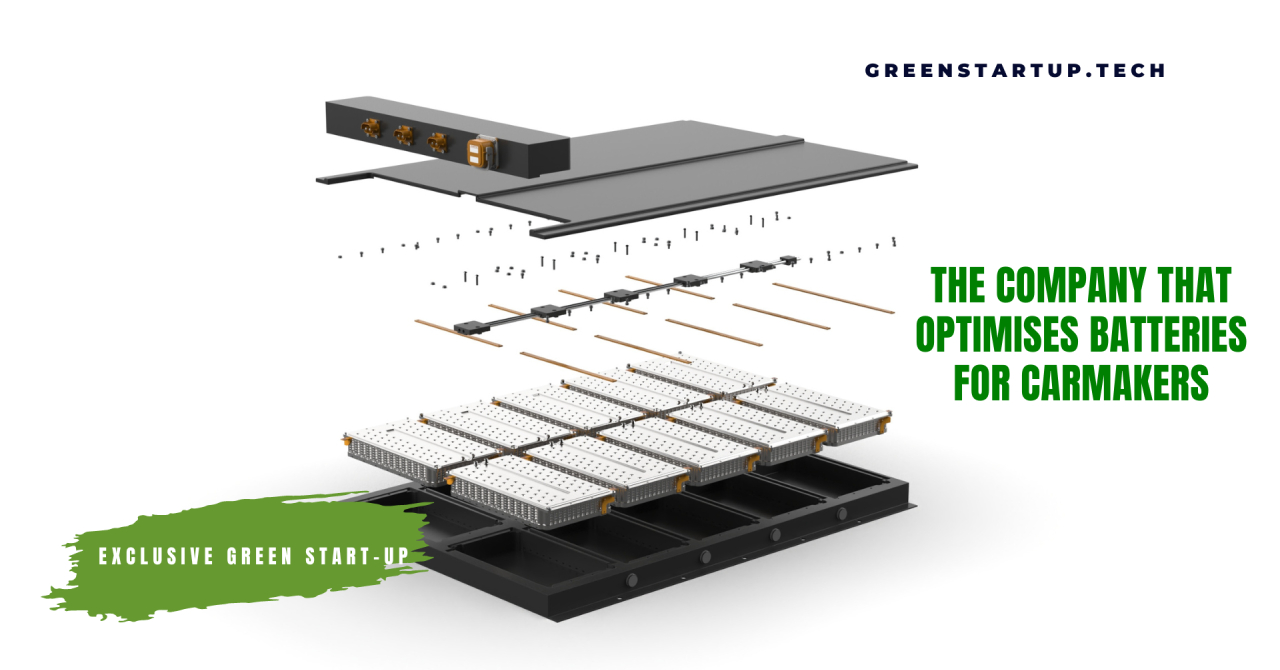

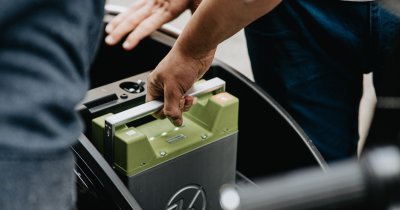


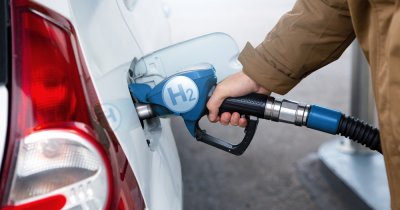
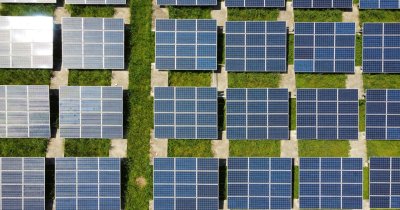




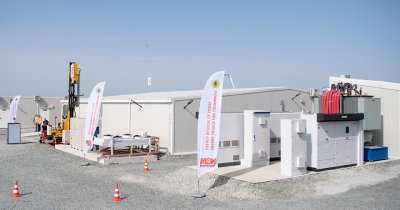
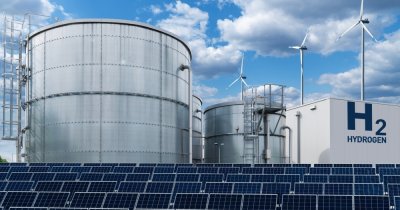
Any thoughts?